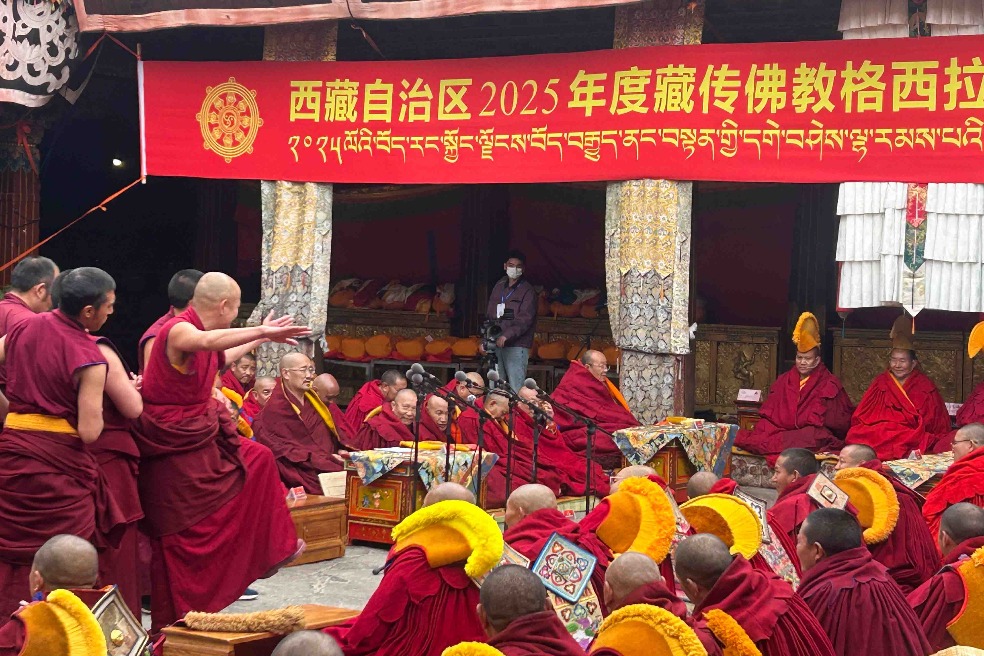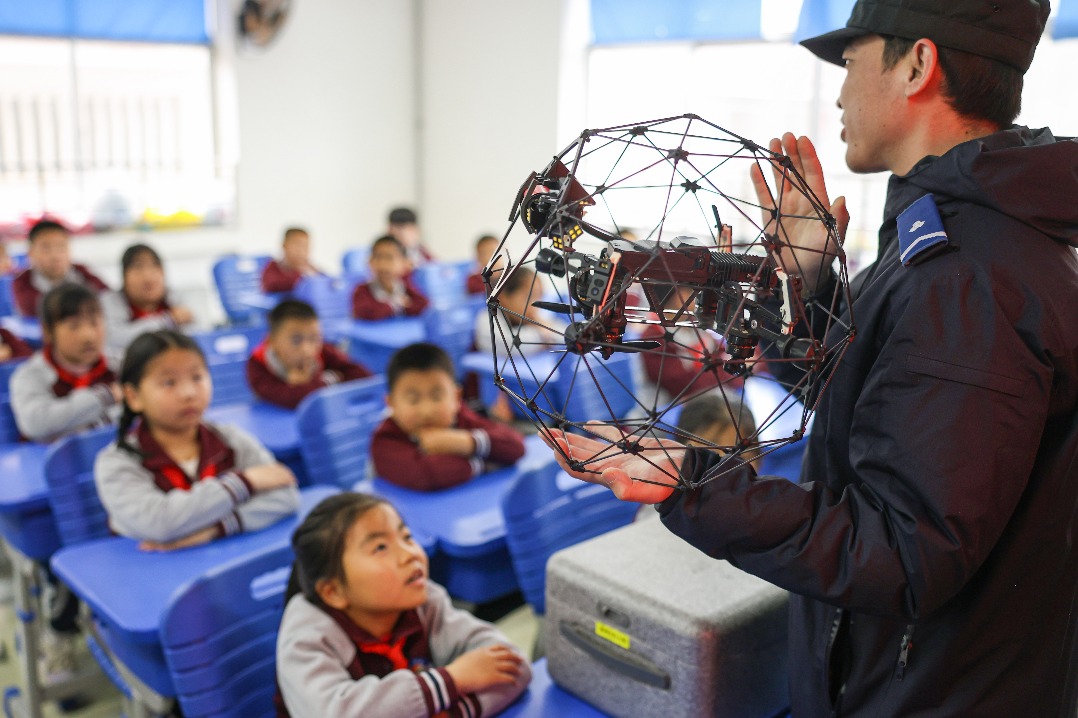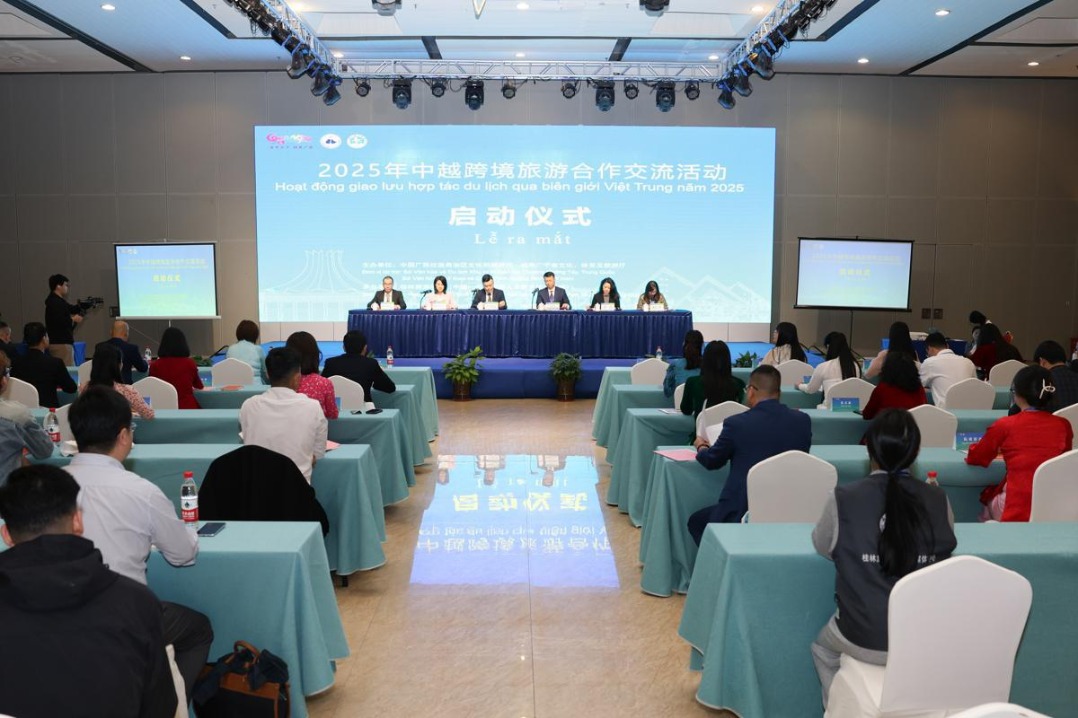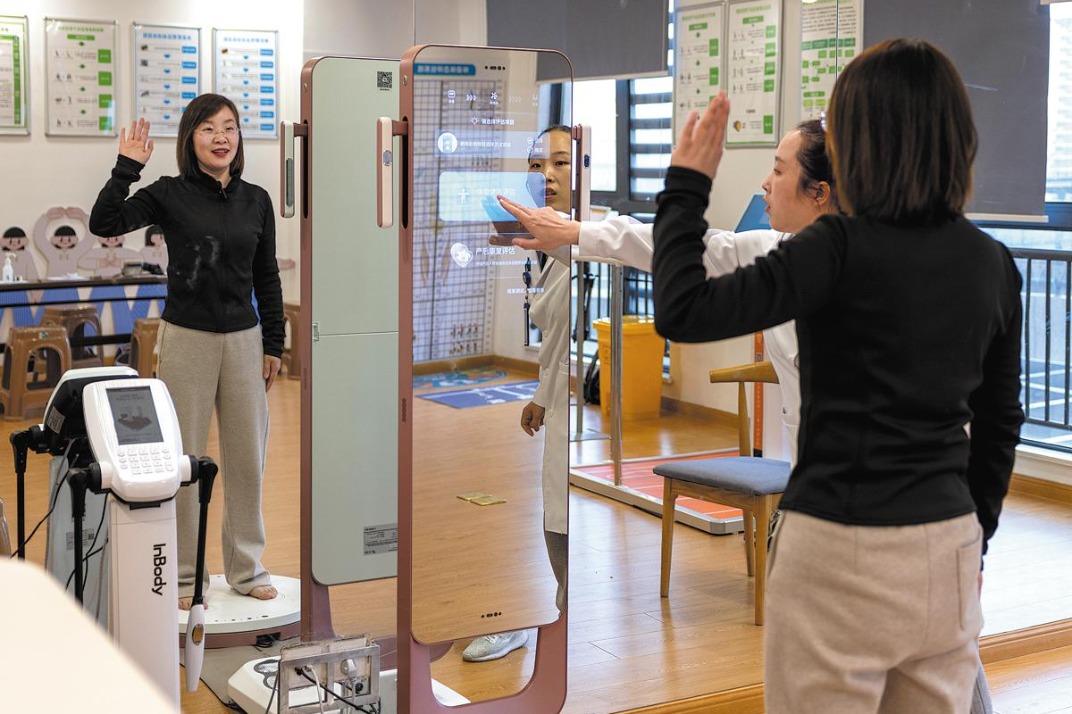Beijing gears up for groundbreaking human-robot half-marathon

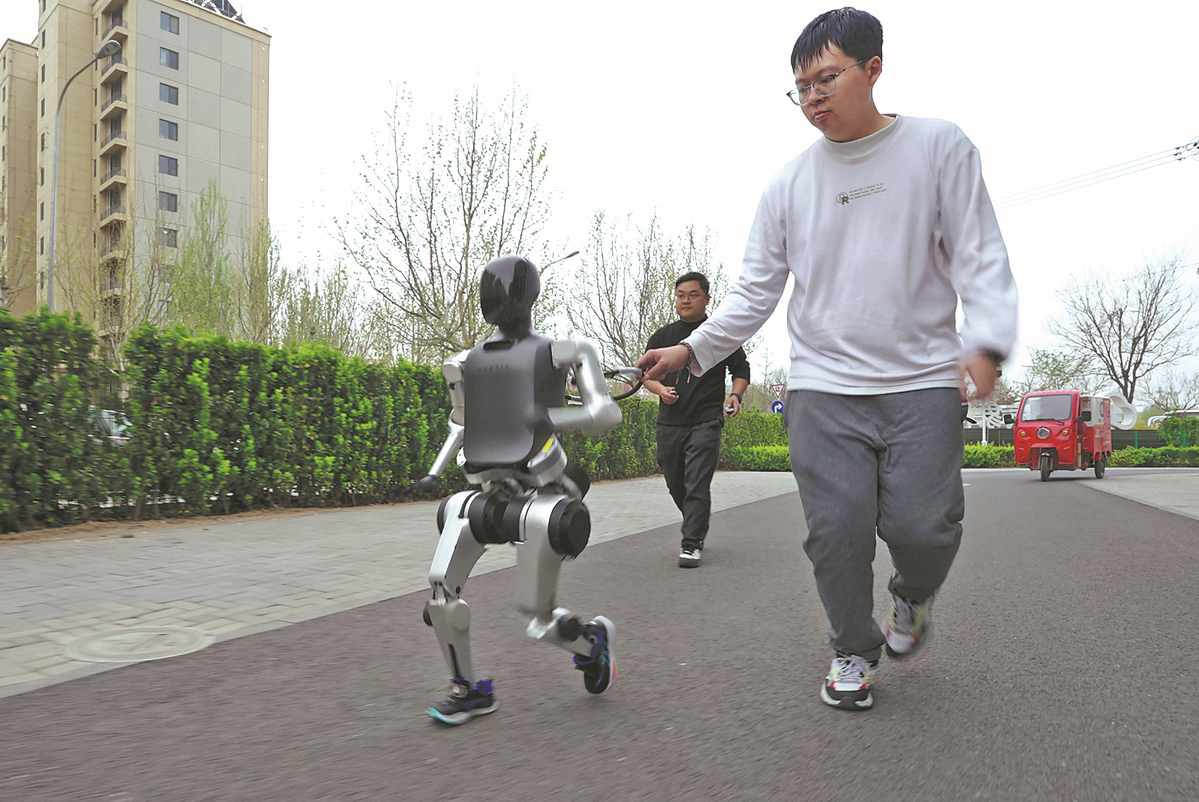
The world's first half-marathon featuring humanoid robots is set to begin at 7:30 am on Saturday in Beijing, with about 20 teams from across China ready to compete in a test of both technology and endurance.
The race, which includes human and humanoid robot runners, will begin in the Beijing Economic-Technological Development Area, also known as Beijing E-Town. Research institutes, universities and companies from Beijing, Shanghai, provinces of Guangdong and Jiangsu are among those fielding teams.
"This marks the first time humanoid robots will undergo a comprehensive test in an open-field setting, facing long distances and complex environments," said Liang Liang, deputy director of the E-Town management committee.
Teams have already arrived at the training base in E-Town to make final adjustments, he said. The event, in planning for four months, is designed to push the limits of robotic mobility in real-world conditions.
The competition will adopt a timed race format. Teams can choose to either replace the batteries of a single robot or use a relay method, though each battery change comes with a 10-minute penalty — a measure aimed at encouraging innovation and teamwork, Liang said.
Although participating robots have undergone multiple simulated tests, organizers said the real course still presents significant uncertainties. Robots will have to navigate complex ground conditions, sudden wind gusts, fluctuating communication signals and various obstacles.
"During the first road test last Wednesday, a robot slipped and produced abnormal data, forcing the team to urgently adjust its algorithms before completing the test," Liang said.
He described the race as an "extreme test" that will expose technical flaws and offer a foundation for future standardization.
The participating robots reflect a variety of design concepts and technological breakthroughs.
The "Tiangong" robot, standing 1.8 meters tall, features large strides, optimized joint torque and human motion data integration to achieve a more natural running gait.
"The core significance of this event is to allow the public to vividly experience the progress of robotics," said Guo Yijie, technical lead of the Tiangong team. "The 21-kilometer distance will shatter the public's abstract understanding of robot capabilities."
Noetix Robotics, a team from Beijing's Haidian district, has entered smaller robots designed for endurance. Their goal is for one robot to complete the entire race without replacement.
"As long as our robot crosses the finish line, it means a lot to us," said Jiang Zheyuan, founder of Noetix Robotics.
Local residents are also enthusiastic about the race. Chu Han, a young robot enthusiast, called it "the embodiment of technological imagination".
"Regardless of the results, when a humanoid robot crosses the finish line, the footprints it leaves behind are more precious than any medal," Chu said.

















